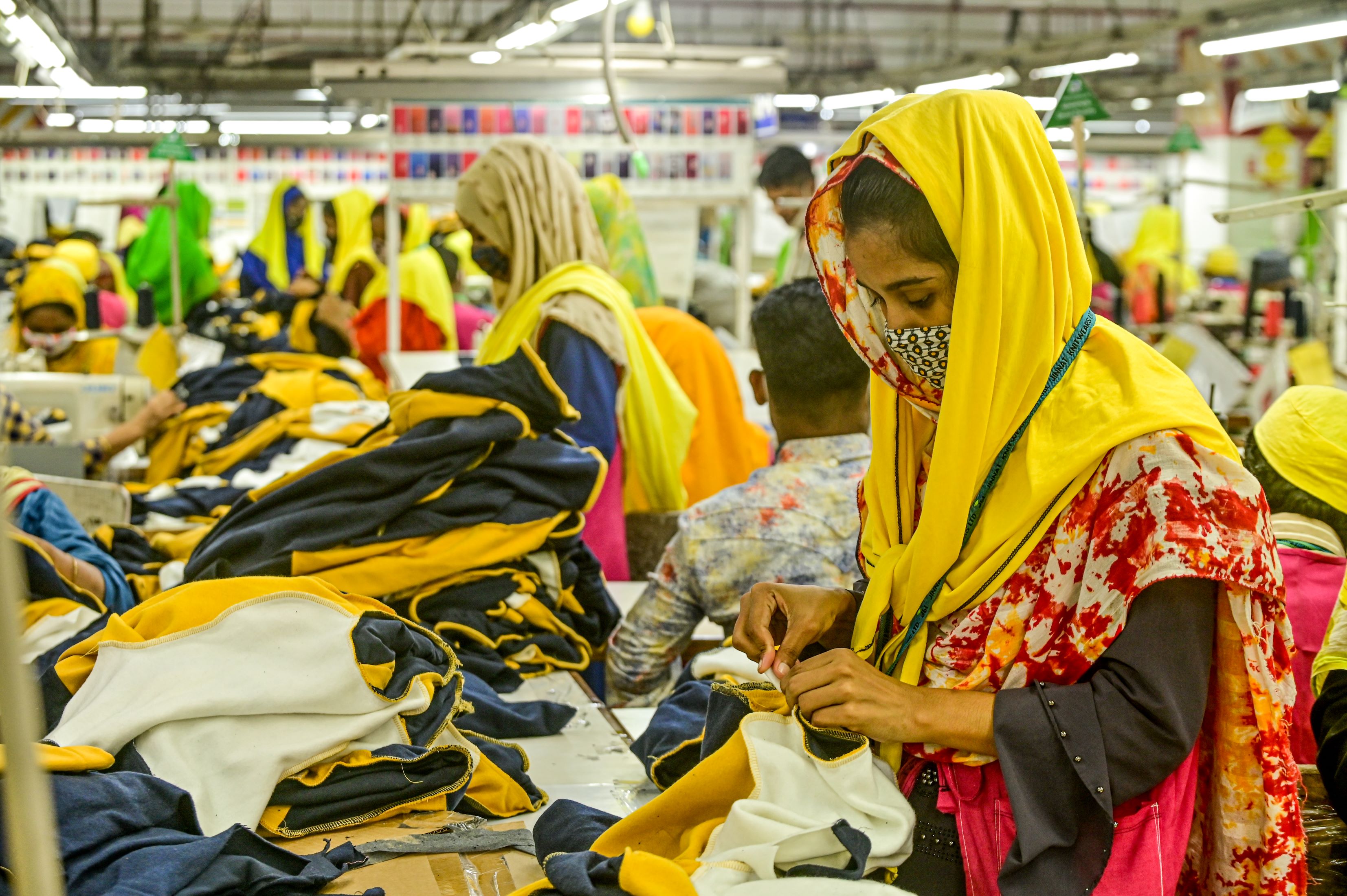
DHAKA, Jan 30, 2022 (BSS) - The Centre for Policy Dialogue (CPD) has launched a programme titled, "Securing Green Transition of the Textile and Readymade Garments Sector in Bangladesh " in collaboration with the Embassy of Sweden in Bangladesh.
The programme will explore barriers to green transformation, review existing fiscal measures, identify best practices suitable for green transformation, and build up evidence on how green transition in this industry will generate new opportunities to benefit firms, workers, economy and society.
To launch this programme, CPD organised a dialogue here today, said a press release.
Chairman of the standing committee on the Ministry of Environment, Forest and Climate Change Saber Hossain Chowdhury graced the dialogue as the Chief Guest.
He thanked CPD for undertaking this programme and highlighted issues including fair pricing, incentivising the greening of this sector, and income tax benefits.
He agreed upon a partnership between various stakeholders to build a roadmap to translate the suggestions into financial benefits.
Executive Director of CPD Dr. Fahmida Khatun moderated the dialogue and made a presentation introducing the programme.
She said, 'Government has already made commitments for greenhouse gas (GHG) reductions and other climate measures and shown its efforts through the formulation of several regulatory and fiscal policies. In line with the increasing need to enhance environmental compliance, this calls for the initiatives of all stakeholders.'
Especially, the private sector has to play the most important role in mitigating the challenges of climate change, she added.
She further said,' Green transition will help maximise benefits of the industrial development not only on economic front, but also on environmental and social fronts as well’.
Deputy Head of Mission and Head of Development Cooperation of Embassy of Sweden Ms Christine Johansson remarked that this programme’s objective is to contribute towards enhancement of an environmentally sustainable and climate-neutral growth in Bangladesh with productive employment opportunities for women and youth.
She said, Sweden has a five-year-long development strategy for Bangladesh, and focuses on four strands of development.
'In light of climate related challenges, all stakeholders should play a collaborative role, especially private sector must play a strong role here,' she added.
Among others, former president of DCCI Shams Mahmud, founder and executive director of Awaj Foundation Najma Akter, chief sustainability officer of DBL group Mohammed Zahid Ullah and president of BGMEA Faruque Hassan also spoke at the dialogue.